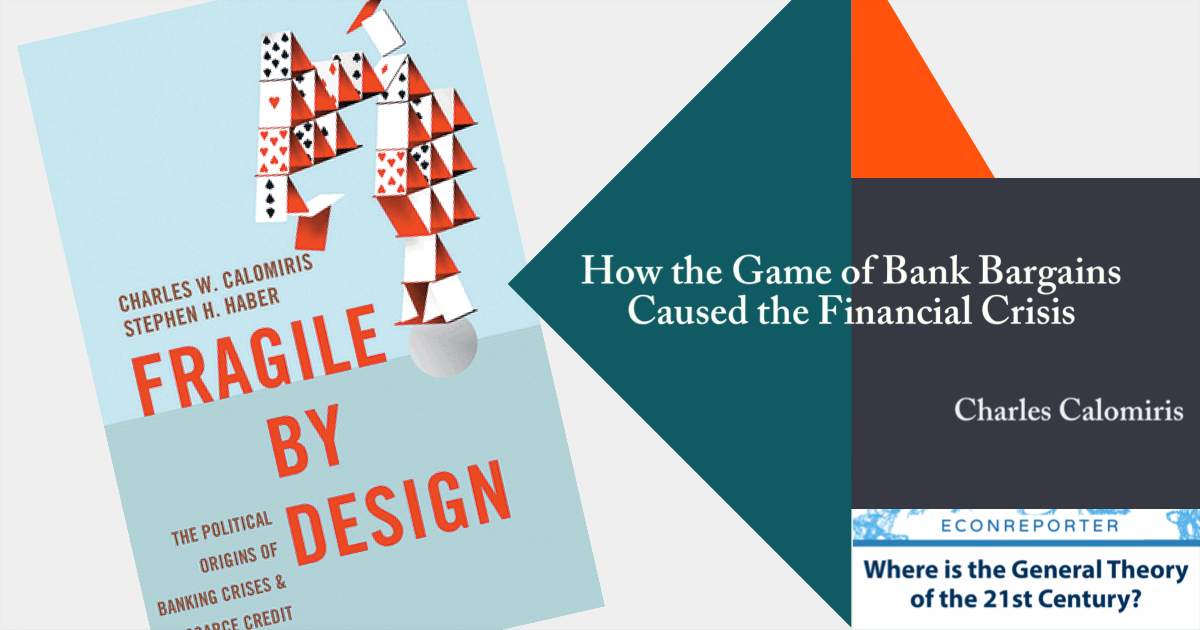Since the Euro crisis, investors and policymakers are well aware of the so-called “doom loop” between the banking system and the sovereign. That is, a crisis originating in the banking system (sovereign) will weaken the sovereign (banking system), which in turn will worsen the banking (sovereign) crisis itself.
In a recent ECB discussion Paper “Managing the sovereign-bank nexus“, the 7 economists – Giovanni Dell’Ariccia, Caio Ferreira, Nigel Jenkinson, Luc Laeven, Alberto Martin, Camelia Minoiu, and Alexander Popov – coauthored the paper suggested that the banks and sovereigns are linked by three interacting channels:
(1) the sovereign-exposure channel;
(2) the safety net channel; and
(3) the macroeconomic channel.
The sovereign exposure channel refers to the fact that banks usually demand and hold large amounts of sovereign debt for liquidity management, credit exposure, market-making, and other purposes. As such, the banking system is directly exposed to sovereign risk. Fall in value (i.e. a rise in yield) of sovereign debts would hurt the banks’ assets holding.
At the same time, the massive holding of sovereign debt by banks also implies they are an important source of financing for the government, thus the worse is the health of the banking system, the more difficult (or costly) for the government to obtain liquidity.
Making matter more complicated is the safety net channel. As the banking system operates against the backdrop of safety net arrangements and backstops provided by central banks and sovereigns, these backstops generate spillovers from bank to sovereign risk and vice versa.
An increase in sovereign risk lowers the government’s ability to assist the banking system if it runs into trouble, thereby hurting the implicit value of the banks. On the other hand, banking crises activate backstops, guarantees, and other costly resolution policies with negative effects on the fiscal accounts. This might increase the yield market demand to lend money to the government, again lower the value of sovereign debts and banks’ balance sheet.
On top of that, there is the effect of the macroeconomic channel. Increases in sovereign risk have contractionary effects on economic activity because of the associated higher funding costs throughout the economy, and the impact on policy uncertainty. Weaker economic activity will, in turn, have a negative impact on the banking system’s stability, due to the likely deterioration of the banks’ loan portfolio. At the same time, banking crises also have a negative impact on economic activity, and thus on government finances.



